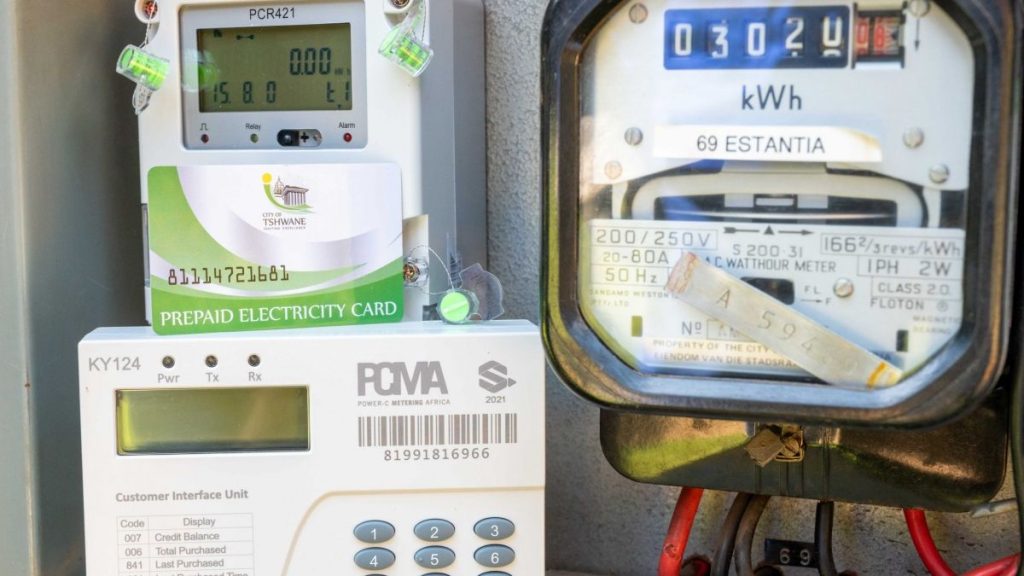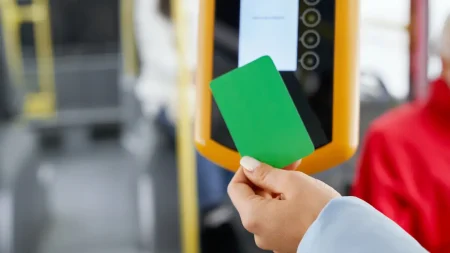Residents of the City of Tshwane, which includes Pretoria and surrounding areas, receive monthly utility bills covering essential services such as electricity, water, sanitation, and refuse removal. These charges are part of the municipality’s efforts to maintain reliable service delivery while balancing rising national costs from providers like NERSA and Rand Water.
With new tariff increases taking effect from 1 July 2025 under the 2025/26 Medium-Term Revenue and Expenditure Framework (MTREF), understanding how these charges are calculated is more important than ever.
This guide explains the latest Tshwane tariffs, rebates, and payment options available to households, helping you manage your account efficiently and avoid unnecessary penalties.
An Overview
As of October 2025, the City of Tshwane Metropolitan Municipality (covering Pretoria and surrounding regions) issues monthly consolidated utility bills for essential services such as electricity, water, sanitation, and refuse removal. These accounts may also include property rates, miscellaneous charges, and VAT (15%).
The City’s 2025/26 Medium-Term Revenue and Expenditure Framework (MTREF) introduced tariff increases effective 1 July 2025, ranging between 6% and 13% across services. The adjustments align with national regulatory guidance from NERSA (for electricity) and Rand Water (for bulk water supply), though the City has absorbed part of the cost to cushion residents.
How Tshwane Utility Bills Work
Each household’s monthly bill reflects actual or estimated meter readings. If readings are not submitted, estimates are applied. Indigent households, defined as those earning below R2,500 per month, receive rebates that include 100 kWh of free basic electricity and 9 kilolitres (kl) of free basic water each month.
Both prepaid and postpaid meters use identical consumption tariffs, but prepaid users benefit from better budget control and real-time usage tracking.
- You can access and manage your bill through e-Tshwane, where details differ based on usage tier, property category, and location.
Key Utility Tariffs (Effective 1 July 2025)
Electricity Tariffs (Residential Inclined Block Rate)
| Consumption Tier | Rate per kWh | Notes |
|---|---|---|
| 0–100 kWh | R2.9790 | Free basic 100 kWh for indigent households |
| 101–400 kWh | R3.4864 | Average 10.1% increase |
| 401–650 kWh | R3.7984 | |
| Above 650 kWh | R4.0858 | High-usage premium rate |
| Fixed service charge | ±R120/month | Network access fee |
Solar feed-in credits are available for approved bi-directional meters.
Water Tariffs
| Usage Range | Tariff per kl | Notes |
|---|---|---|
| 0–6 kl | Free | For indigent households |
| 7–15 kl | ±R25.50 | Moderate usage |
| 16–25 kl | ±R45.00 | Standard residential |
| Above 25 kl | ±R65.00 | High consumption |
| Fixed network charge | ±R120/month | Availability fee applies even with low use |
Water tariffs increased by 8–10%. The City absorbs part of Rand Water’s bulk tariff hike.
Sanitation (Sewerage)
| Category | Tariff | Notes |
|---|---|---|
| Indigent | R0 | Fully subsidised |
| Standard residential | R20–R40/kl | Based on 80–90% of water use |
| Flats under R700k value | R314.68/month | Fixed per unit |
| Flats above R700k value | R612.58/month | 9–12% increase |
Includes stormwater management costs.
Refuse Removal
| Service Type | Tariff | Notes |
|---|---|---|
| Standard household (240L bin) | R250–R300/month | Fixed fee |
| City Cleansing Levy | R194/month | Applies to all properties |
A 6–8% increase was introduced with the new Cleansing Levy, aimed at reducing illegal dumping and improving city cleanliness.
Other Charges on Your Bill
Your consolidated bill includes multiple line items:
- Consumption Charges: Based on actual or estimated use.
- Fixed or Service Charges: Network access fees (R120 typical).
- Property Rates: 7–8% increase, based on the updated 2025 property valuation roll.
- Miscellaneous Fees: R100–R800, covering refuse, stormwater, or arrears.
- VAT (15%): Applied to most services.
- Arrears Interest: 1% per month on overdue amounts.
Example: An average household using 300 kWh of electricity and 20 kl of water pays between R1,200 and R1,800 per month (before rebates).
Payment Options and Convenience Methods
1. Online (e-Tshwane)
Register at www.e-tshwane.co.za to:
- View or download bills
- Pay via EFT, debit or credit card, or Visa Checkout
- Submit meter readings
- Set up automatic debit payments
Benefits: 24-hour access, instant confirmation, and no extra transaction fees.
2. Retail Pay Points
- Pay at Pick n Pay, Shoprite, Checkers, Spar, or PEP using your account barcode.
- Benefits: Accepts cash or card, available nationwide.
3. Banking Apps and EFT
- Add City of Tshwane as a beneficiary through Absa or Standard Bank. Use your account number as reference. Processing may take up to 14 days.
4. Prepaid Electricity Tokens
- Purchase tokens via the Tshwane Prepaid app or participating stores. Ideal for budgeting and avoiding disconnections.
5. Payment Arrangements for Arrears
- Apply online or through the Call Centre (012 358 9999) to settle arrears in instalments of up to 36 months. Interest may be waived if payments are made on time.
6. In-Person Centres
- Visit regional customer care offices for rebate applications, billing queries, or account disputes. Bring your ID and latest bill for assistance.
Rebates and Indigent Benefits
Residents earning below R2,500 per month or pensioners on a fixed income can apply for indigent support via e-Tshwane.
Benefits include:
- Free 100 kWh electricity
- Free 9 kl water
- Exemption from sanitation and refuse charges
- Reduced property rates
Submit income proof and property ownership documents for qualification.
Tips to Reduce Your Utility Costs
- Switch to LED lighting and energy-efficient appliances.
- Fix leaking taps and toilets as soon as possible.
- Use low-flow showerheads and rainwater tanks to conserve water.
- Run washing machines only on full loads.
- Monitor your meter weekly to track usage spikes early.
Contact and Support
- Website: www.tshwane.gov.za
- Online Services: www.e-tshwane.co.za
- Call Centre: 012 358 9999
- Email: customercare@tshwane.gov.za
For detailed tariffs, download the 2025/26 Tariff Schedule from the City’s official website.
Check also: 2026 Utility Subsidy: Documents You Need to Apply
Understanding your City of Tshwane utility bill helps you take control of your household expenses and avoid unexpected charges. By reviewing your monthly statement, keeping track of your water and electricity consumption, and using digital tools like e-Tshwane, you can manage payments conveniently and qualify for rebates where applicable.
Staying informed about tariff changes, indigent benefits, and payment options ensures that every resident contributes fairly while maintaining access to reliable basic services.










